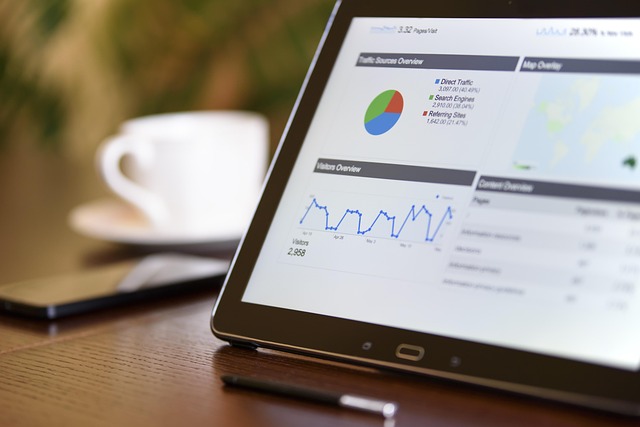AI food cost control software is revolutionizing expense management in the culinary industry by seamlessly integrating with POS terminals and inventory platforms to analyze ingredient prices, portion sizes, and waste. This technology provides real-time insights, helping business owners make informed decisions, maintain competitive pricing, and maximize profitability in restaurants, catering services, and related sectors. In hospitality, AI smart contract automation streamlines operations, offering automatic inventory tracking, spending pattern analysis, and precise food cost calculation, leading to more efficient resource allocation and increased profits. While implementing this software can significantly enhance efficiency and profitability through automated processes and real-time insights, challenges include data privacy concerns, compliance with regulations, and complex initial setup.
“Discover how AI business smart contract automation is revolutionizing operations in the food industry. This article explores the transformative power of AI food cost control software, breaking down its basic functions and immense potential. We delve into the ways it can streamline processes, reduce waste, and optimize profits. Additionally, we examine the benefits and challenges of implementation, offering insights for businesses aiming to embrace this innovative technology.”
- Understanding AI Food Cost Control Software: The Basics
- How AI Business Smart Contract Automation Can Transform Operations
- Benefits and Challenges: Implementing AI Food Cost Control in Your Business
Understanding AI Food Cost Control Software: The Basics

AI food cost control software is designed to revolutionize how businesses manage their culinary expenses. By leveraging advanced algorithms and machine learning, this technology analyzes various data points such as ingredient prices, portion sizes, and waste levels to optimize food costs in restaurants, catering services, and other food-related industries. The software predicts trends, identifies cost-saving opportunities, and provides real-time insights, enabling businesses to make informed decisions that enhance profitability.
At its core, the AI food cost control software functions by integrating with existing systems, such as point-of-sale (POS) terminals and inventory management platforms. It then processes this data to generate comprehensive reports, identify high-cost ingredients, and offer tailored recommendations for reduction. Through automated alerts and customized dashboards, business owners can stay on top of their financial health, ensuring they maintain competitive pricing while maximizing profits.
How AI Business Smart Contract Automation Can Transform Operations

AI Business Smart Contract Automation has the potential to revolutionize operations across industries, and the hospitality sector is no exception. By leveraging AI-driven food cost control software, businesses can streamline their processes and gain valuable insights into menu pricing, ingredient costs, and waste management. This technology enables automatic tracking of inventory levels, real-time analysis of spending patterns, and precise calculation of food costs, leading to more efficient resource allocation and enhanced profitability.
Furthermore, AI automation can optimize contract management by facilitating smart contracts, which self-execute when predefined conditions are met. This reduces manual effort, minimizes errors, and speeds up transactions, from procurement to payments. By integrating AI into business operations, companies can achieve greater precision, cost savings, and improved decision-making capabilities, ultimately enhancing their competitive edge in the market.
Benefits and Challenges: Implementing AI Food Cost Control in Your Business

Implementing AI food cost control software in your business can significantly enhance operational efficiency and profitability. By leveraging machine learning algorithms, this technology automates the tracking of ingredient usage, waste management, and menu pricing optimization. It provides real-time insights into food costs, allowing for quicker decision-making and precise adjustments to recipes or pricing strategies. This not only reduces food waste but also improves overall cost control, giving businesses a competitive edge in managing fluctuating ingredient prices.
However, challenges exist when adopting AI food cost control solutions. Data privacy and security are paramount concerns, as the software requires access to sensitive business and customer information. Ensuring compliance with data protection regulations is crucial, particularly when dealing with financial and consumer data. Additionally, the initial setup and integration process can be intricate, requiring specialized technical expertise to configure and customize the AI software for seamless compatibility with existing systems.
AI business smart contract automation, particularly through AI food cost control software, offers significant opportunities for businesses to streamline operations, reduce costs, and enhance efficiency. By leveraging advanced algorithms and data analysis, these tools can provide valuable insights into supply chain management, inventory control, and pricing strategies. However, successful implementation requires careful planning, addressing data privacy concerns, and ensuring technological compatibility. With the right approach, AI food cost control software promises to revolutionize how businesses manage their operations, ultimately leading to increased profitability and competitive advantages in the market.
